Filter by
Success stories (166)
RSS
Hydro Volta is a Belgian start-up that proposes a sustainable method of producing drinking water from seawater, addressing the global water shortage in an economical and ecological way.

Re-routing shipping lanes is one way to reduce the effects of underwater noise on the marine environment. Until now, ocean scientists have not been able to study how large-scale diversions of this kind might affect noise levels or marine life.
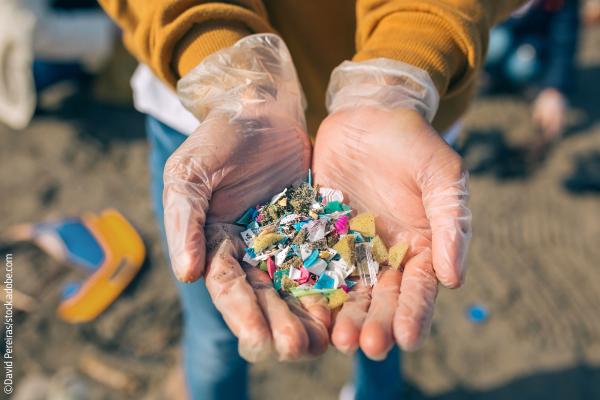
Knowing where marine litter comes from is fundamental to achieve a healthy marine environment. And this is exactly what the Finnish EU-funded RoskatPois! (LitterAway!) project set out to do.
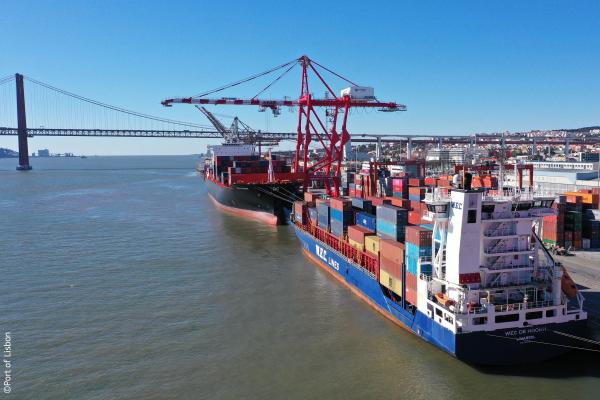
Ports are among the main entry points of the ocean. Created in 2021, the Atlantic Smart Ports Blue Acceleration Network (AspBAN) involves more than 40 ports in different regions of the Atlantic. The objective of the project is to transform ports into hubs for the development of new and

Ittinsect is an Italian company producing aquaculture feed with novel raw ingredients including insects, micro algae and agricultural by-products. Through the EU BlueInvest Readiness Assistance programme, the start-up successfully raised €750,000 of which €625,000 in equity from investors.
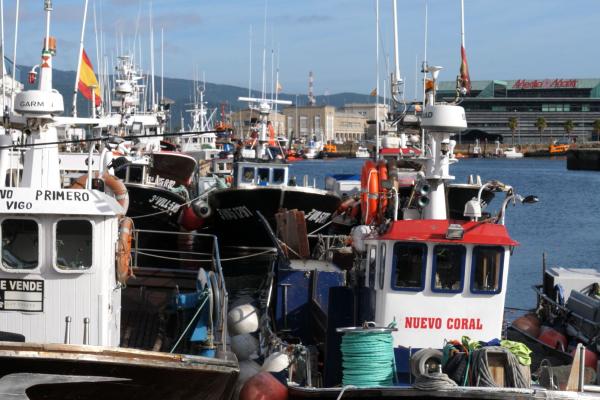
PuertAlMar, which translates as 'gateway to the sea', is a project that shows how human activities and thriving biodiversity can coexist in ports. It also shows how the carbon footprint of ports can be reduced.
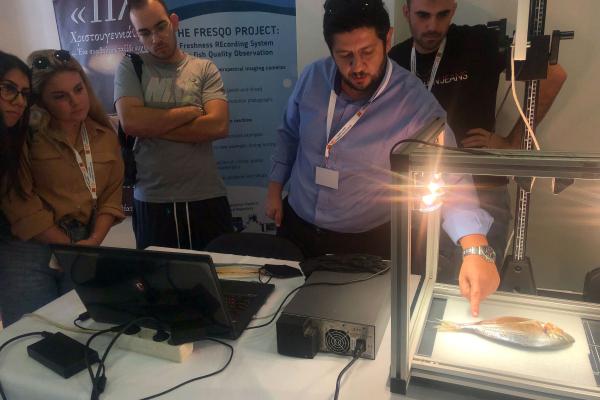
Nobody wants to eat a fish gone bad, and so quality control is key to ensure freshness. Normally this is done by an experienced veterinarian looking at fish samples. The EU-funded FRESQO project has developed a prototype for a revolutionary automated tool that can improve this process, and so help
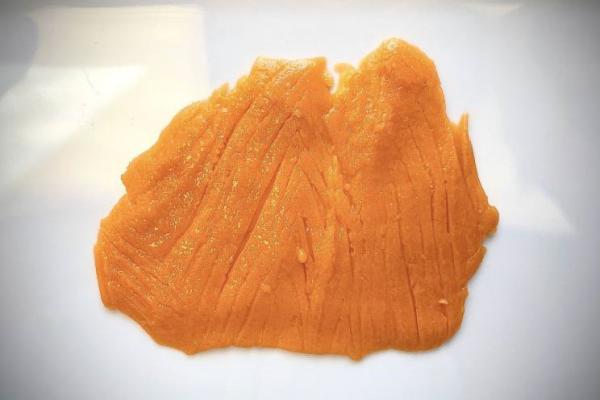
The Seafood Algternative project is developing algae-based fish substitutes thanks to the support of the European Maritime and Fisheries Fund.
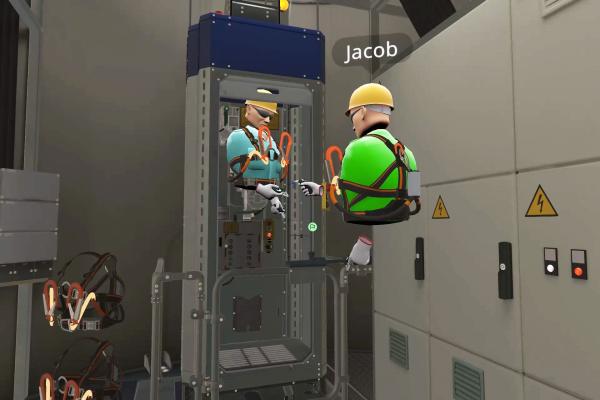
Kanda is a Danish company that develops digital training solutions using virtual reality in the maritime and energy sectors. Following the completion of the EU BlueInvest Readiness Assistance programme, the start-up successfully raised $2 million from strategic investors.
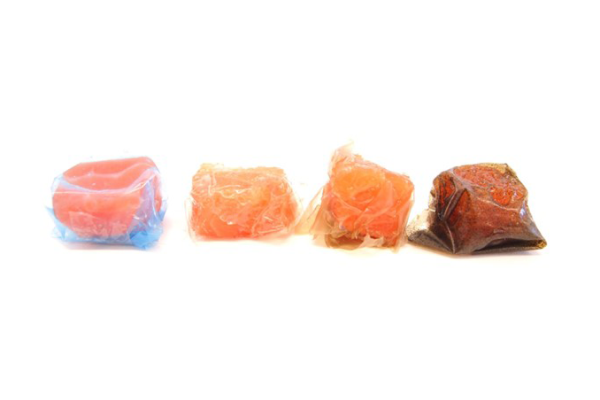
The most common technique in the world of food packaging is single-use plastic films. With a little help from the EU, the SeaFilm food packaging project aims to create a substitute for single-use plastic film in conserving frozen fish.
